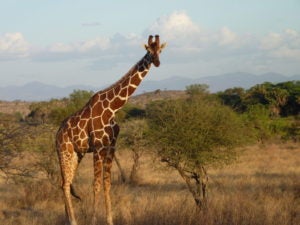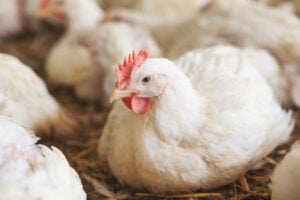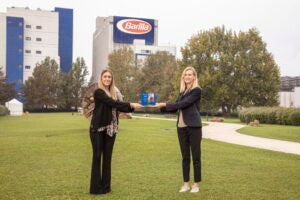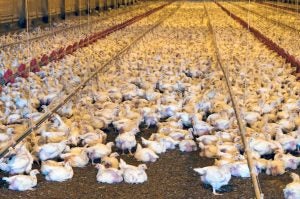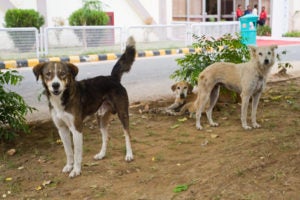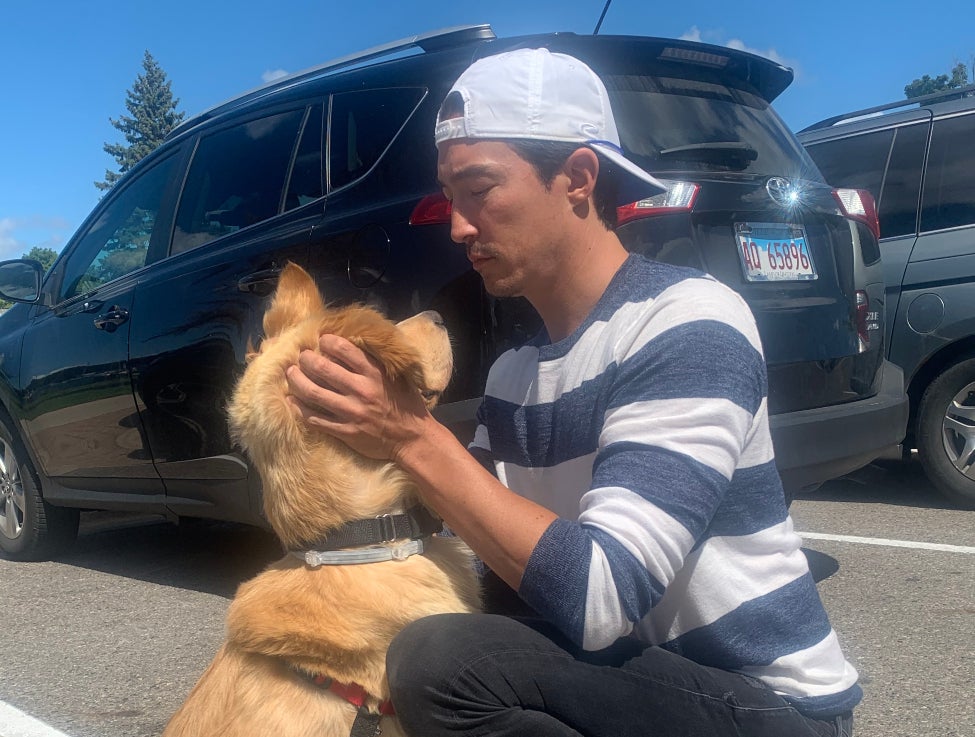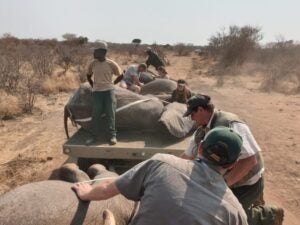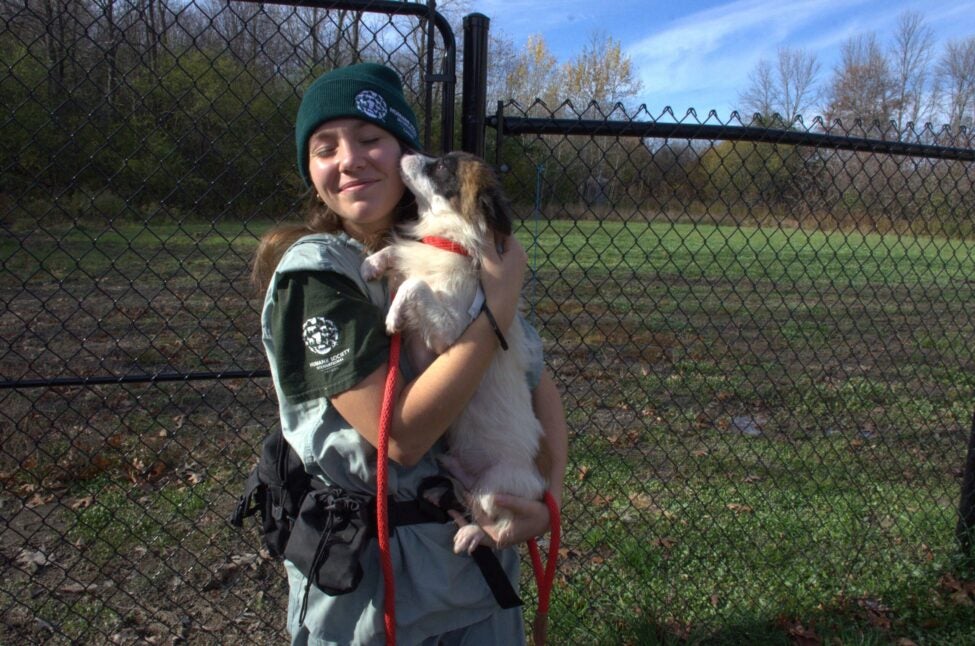
TORONTO–Humane Society International/Canada (HSI/Canada) and Friends of HSI (FHSI) are partnering with Toronto Community Housing (TCHC) to support residents with companion animals in the GTA’s most underserved communities, which have been particularily hard hit by the COVID-19 crisis.
HSI/Canada and Friends of HSI launched the COVID-19 Animal Response Program in April 2020 to provide critical support to individuals, groups and communities in the Canadian epicenters of this crisis. Through a large network of community organizations, HSI/Canada has provided more than 40,000 kg of pet food,supplies and animal care support that have helped thousands of animals since this pandemic began. The program will now work with TCHC to ensure that pet owners impacted by the pandemic, living in some 2,000 buildings across the GTA, receive the support they need to keep their animals healthy and at home.
Larysa Struk, Ontario Coordinator, COVID-19 Animal Response Program for HSI/Canada said: “Since the beginning of the COVID-19 crisis, our animal response team has been working tirelessly to help people who are struggling to provide for their animals and who have nowhere else to look for help. By partnering with TCHC, we are able to reach many more individuals that have urgent needs when it comes to their companion animals. Our program is helping to keep dogs and cats with their families throughout this pandemic.”
“During the COVID-19 emergency, our frontline staff have focused on delivering essential services and working alongside our many partners to connect tenants to needed supports arising from the pandemic. Humane Society International Canada’s generous donation of pet food and supplies will go a long way to supporting tenants during this challenging time,” said TCHC Chief Operating Officer Sheila Penny.
If you or someone you know needs assistance caring for a pet because of the impacts of COVID-19, please contact the program team at: onresponse@hsicanada.ca or 647-215-5082
HSI/Canada and Friends of HSI are grateful for the generous support of the Eric S. Margolis Family Foundation, which has made this program possible, and PetSmart Charities® of Canada, for allowing us to continue to increase our impact and reach across the GTA during this challenging time for individuals and their animals.
ENDS
Media contacts:
- Elana Trainoff, HSI/Canada, COVID-19 Animal Response Program, Toronto: etrainoff@hsi.org; 647-285-3575
- TCHC media line: media@torontohousing.ca; 416-737-1352

